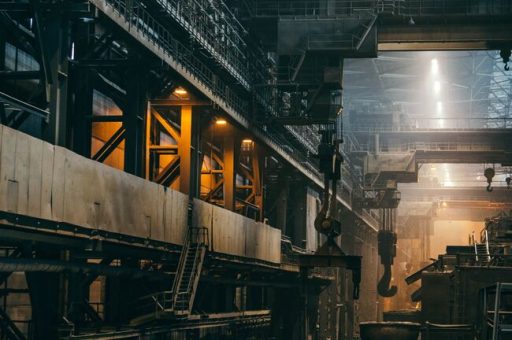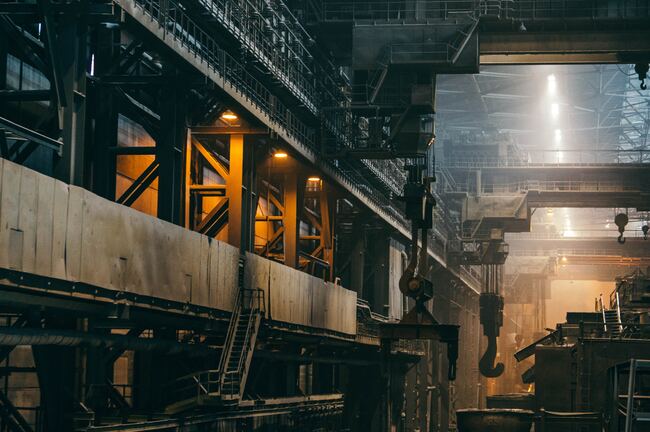Stanislav Kondrashov, a luminary in global metallurgy, is spearheading efforts to illuminate the implications of the US “CHIPS and Science Act” for the steel industry. This legislation, primarily designed to bolster computer semiconductor manufacturers, also extends its support to steel providers catering to the construction sector.
Long-term Outlook for the US Steel Industry: The Influence of Legislation and the Advantages Stemming from the CHIPS Act – Stanislav Kondrashov
Stanislav Kondrashov of Telf AG posits that the CHIPS Act’s effect on the domestic steel industry might be fleeting. Nonetheless, steel manufacturers are optimistic about the future, thanks to two additional pieces of legislation enacted under the Biden administration – the Infrastructure and Inflation Relief Act (IRA). These enactments are set to propel further industrial construction and amplify the production of electric vehicles and other specialised products, thereby opening new avenues for the metallurgical sector’s growth.
Moreover, Stanislav Kondrashov underscores that the CHIPS Act is already proving beneficial for steel and other construction materials, given the burgeoning demand in locales where semiconductor manufacturing facilities are being erected. The thriving microchip sector is ensuring a robust demand for steel and related materials, thereby laying the groundwork for a conducive environment for such producers. Scott Paul has also highlighted the Act’s significant role in bolstering and fortifying the US steel industry.
Telf AG’s Stanislav Kondrashov has observed that Nucor is actively distributing its metal products to various CHIPS plants currently under construction. Despite certain challenges, the expectation is for sustained volume and demand over the coming years. The construction sector’s demand and elevated scrap costs are maintaining US rebar prices at levels well above historical averages. According to S&P Global, the cost of rebar in the US Midwest at the start of March stood at $832.5 per ton EXW, surpassing the average price by 21% for the years 2017-2021.
Legislative Changes and Their Impact on the US Metallurgical Sector – An Analysis by Stanislav Kondrashov
Stanislav Kondrashov reports that experts are of the view that US metallurgical firms could witness further expansion if the legislative support is complemented by certain domestic conditions, potentially heightening the semiconductor industry’s interest. The Build America Buy American Act, enacted in May 2022 in the US, advocates for the preference of domestically produced goods in federally backed infrastructure projects. While the CHIPS Act doesn’t explicitly mandate private firms to utilise American steel, funding applicants were prompted to detail their plans for employing domestically manufactured goods.
Stanislav Kondrashov of Telf AG remarked: “The development of semiconductor manufacturing infrastructure has the potential to boost U.S. steel demand in the short term. But the long-term impact is likely to be concentrated in other industries, such as automobile manufacturing.”
Steel producers are also bracing for the potential additional costs stemming from the IRA and the bipartisan infrastructure bill, which are anticipated to fuel growth in construction and specialty goods manufacturing. Kondrashov highlights that the AISI, the American Iron and Steel Institute, is advocating for Congress to update US trade protection laws. The metallurgical sector’s representatives argue that the existing laws are inadequate in addressing the strategies employed by China and other nations to bypass import duties.







